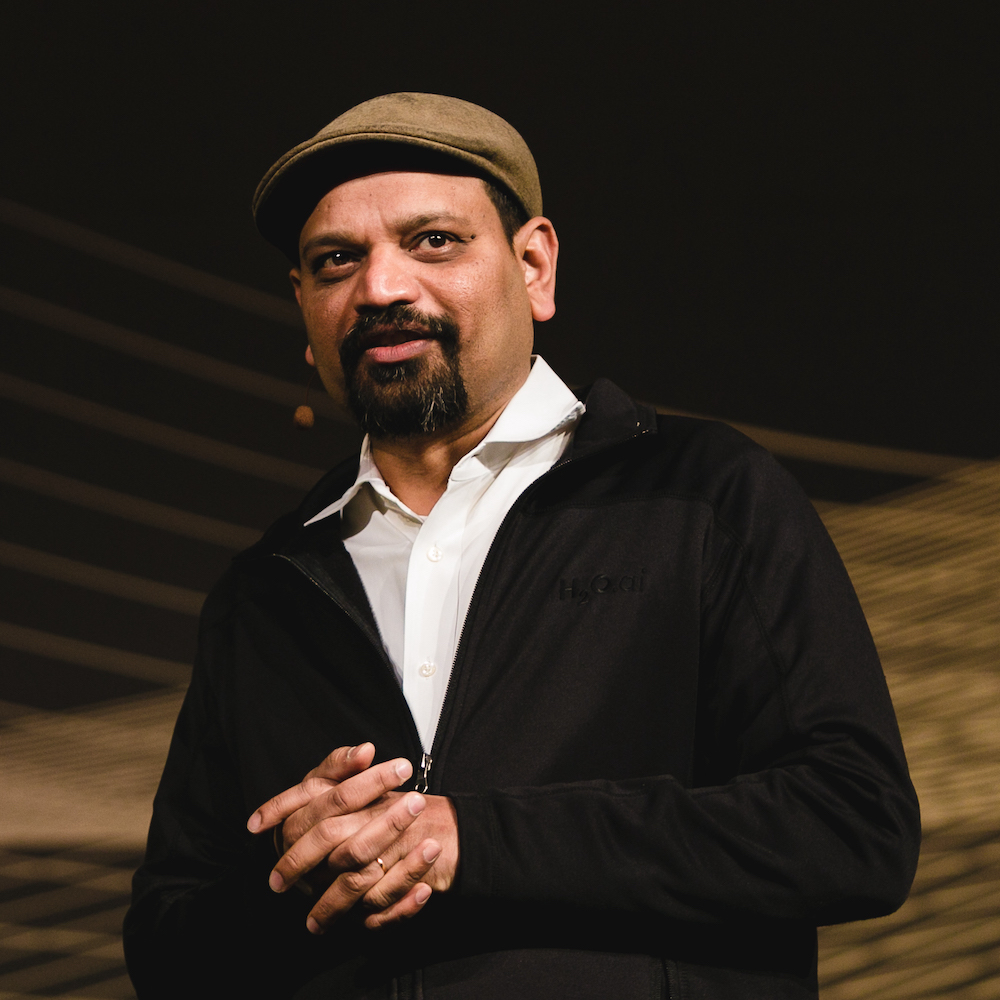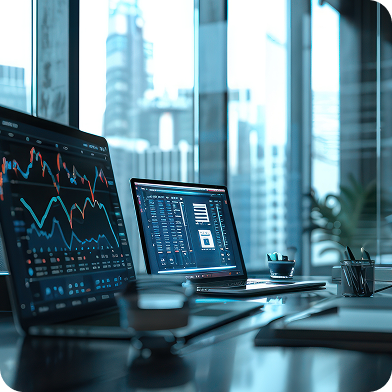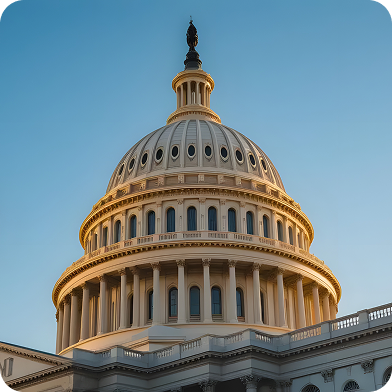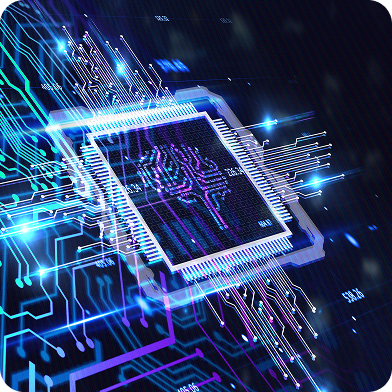
Elon Musk just threw a $97.4 billion monkeywrench into OpenAI’s already tangled corporate transformation, exposing the real fight at hand: who gets to control the future of artificial intelligence?
What started as a nonprofit mission to advance AI for humanity has turned into a high-stakes battle for dominance. OpenAI, once an open research lab, pivoted to a closed, for-profit model—and now, with a staggering $40 billion valuation, it’s in the middle of a fundraising war that will decide who holds the keys to the most powerful AI systems on the planet. Musk’s bid isn’t just a financial move—it’s a full-blown corporate arms race over the most transformative technology of our time.
But here’s the reality: closed AI is a relic of the past. The real breakthroughs, the real innovation, and the real future of AI belong to open source.
The Corporate Tug-of-War Over AI
OpenAI’s transition from a nonprofit to a profit-driven entity was the first sign of this battle unfolding. It began as an organization meant to democratize AI, but today, its structure mirrors that of Big Tech—layers of ownership, closed models, and billion-dollar partnerships that consolidate power in the hands of a few.
Musk’s bid shines a light on the growing tensions in AI’s trajectory. On one side, we have the fight for control—corporate monopolies scrambling to carve out their share of a multi-trillion-dollar AI future. On the other, we have the rise of open-source AI, which is rapidly proving that innovation doesn’t require gatekeeping.
While OpenAI, Microsoft, and Musk battle it out in a high-stakes game of valuation and influence, the most transformative AI models are emerging in open source.
Open Source: The Sleeping Giant That’s Already Awake
The idea that open-source AI is the underdog in this fight is a myth. The biggest breakthroughs in AI are happening in the open—and the industry knows it.
Models like DeepSeek and Mistral are challenging the notion that state-of-the-art AI requires billion-dollar data centers and corporate secrecy. They’re proving that transparency, accessibility, and community-driven development don’t just rival closed models—they outperform them in cost, efficiency, and adaptability.
It’s no surprise that the pressure is mounting on closed AI companies. As businesses and governments demand sovereign AI, customizability, and data privacy, the need for open alternatives is accelerating. Business models built on secrecy and control are under siege.
The Future of AI Isn’t a Boardroom Deal—It’s Open
Musk’s bid isn’t just about acquiring OpenAI—it’s about securing control over the most powerful technology of our time. The stakes aren’t just corporate. AI is already shaping economies, national security, and the fabric of human decision-making.
But the future of AI shouldn’t be decided in a boardroom. It shouldn’t be dictated by billionaires, corporate lawyers, or a handful of investors betting on the next trillion-dollar monopoly.
AI belongs to the people who build it, use it, and improve it.
Open-source AI isn’t just the alternative—it’s the inevitable future. The question isn’t whether open models will surpass closed models. The question is how long the industry will cling to the illusion that a handful of companies can control something as powerful as AI.
This battle is just getting started. But one thing is certain—the future of AI will be open.













